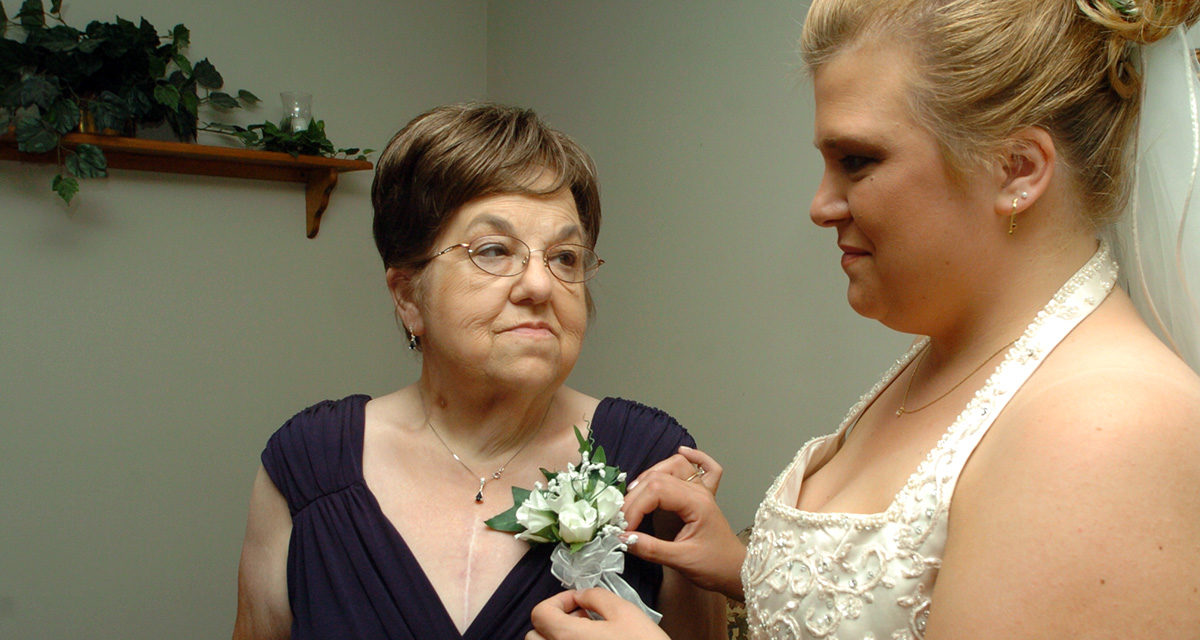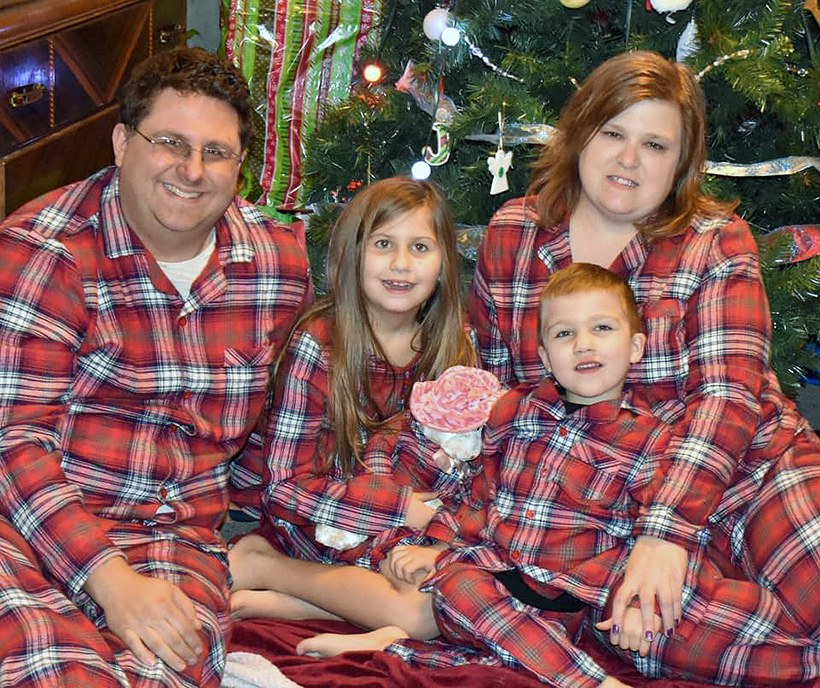I remember the first time I brought up the idea of completing an advance directive to my mother. She had already suffered more than 15 heart attacks. Doctors wouldn’t argue that this was a good idea considering her chronic condition.
She responded very negatively, asking if I was trying to put her in an early grave. Her response is pretty common among seniors and those facing long term illnesses.
The Importance of Advance Healthcare Planning
But, this conversation is extraordinarily important. Imagine being that anguished child, trying to decide whether her mother would want to live permanently connected to a ventilator. Or perhaps, there is a brother and sister who disagree about continuing life-sustaining treatment when their father’s organs are failing.
It was the second scenario about the brother and sister that I used to finally get my parents to complete a healthcare proxy form in 2015, when both of them were hospitalized at the same time in an ICU.
Fortunately, for us, my mother’s cardiac specialist had also persuaded her to complete a Medical Orders for Life-Sustaining Treatment (MOLST) too.
When she suffered her last three heart attacks, days before her death in 2016, I could concentrate on being her daughter and supporting her. When I saw that flat line on the monitor and the nurse asked if she was DNR (Do Not Resuscitate), I could answer confidently, “Yes.”
Saying Goodbye without Knowing
Now, my father’s death in 2019 was a different story. His health deteriorated quickly and we were not prepared. While my brother was listed as my father’s healthcare proxy, there was little directive written down and definitely no MOLST. Dad had still maintained that he was sealing his fate by listing his directives.
We were faced with the question of whether or not to continue dialysis when his kidneys had started to fail. I had to call a family meeting and we discussed how our father would want to live and die.
He had three simple priorities in his senior years – be able to live in his home independently, play euchre, and be with his dog. Dad wouldn’t answer the question and he was in and out lucidity as his organs began to fail. Eventually, his time ran out. We knew though that had we tried long term dialysis, he wouldn’t be living life on his terms.
Give Your Family the Gift of Advance Directives
I’m 45-years-old and lost both my parents in the last three years. As I look back over these moments, having that MOLST form was one of the greatest gifts my mother ever gave me.
More than 75 percent of Americans don’t have advance directives. I suppose they are like my father, part of that death-denying culture.
When you sit down with your family again, remember my story. Take the time to talk about your wishes. Find someone you trust to be your voice, advocate for you, and make sure your wishes are carried out. It’s a precious gift of knowledge and doesn’t cost a penny.
Click here for information on the main types of advance directives.







